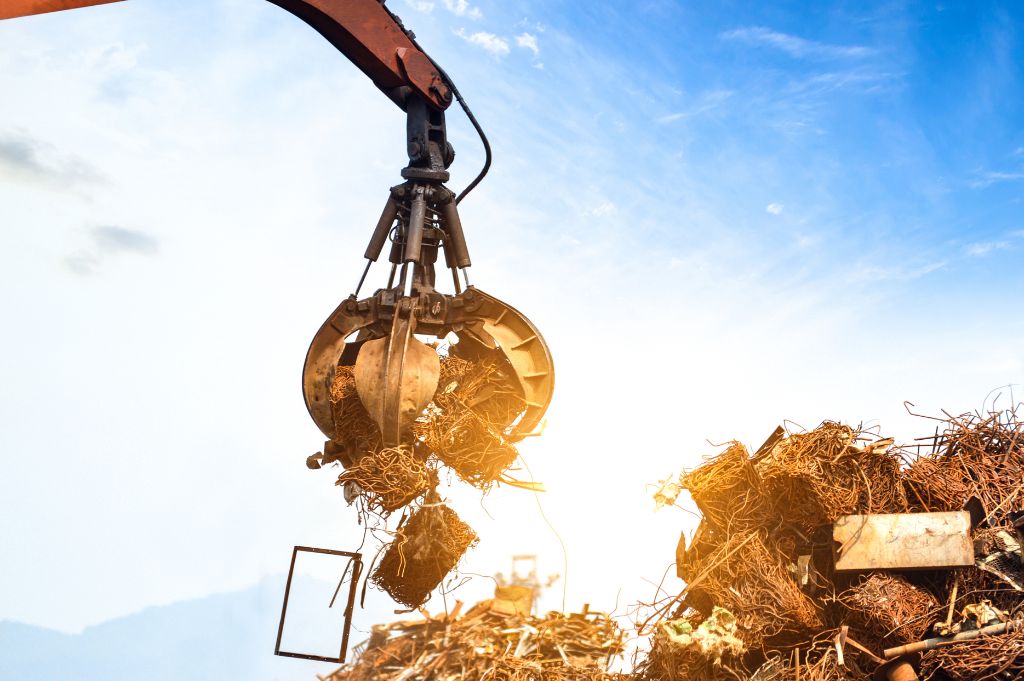Scrap dealers, also known as scrap metal recyclers, are the heroes of recycling. They take what many see as trash and turn it into valuable resources, helping the environment and our communities. Let’s dive deep into their world, understanding what they do, why they’re so important, and how they overcome challenges to make our world a better place.
The Work of Scrap Dealers
Scrap dealers have a crucial job: collecting, processing, and recycling various types of scrap materials. These materials include metals like steel, aluminum, copper, and brass, as well as paper, plastics, and electronic waste. They gather scrap from homes, businesses, construction sites, and even municipal recycling programs.
Once collected, scrap materials go through sorting to separate them into different types. This step is important to make sure each material gets processed correctly. Then comes processing, where scrap is cleaned and prepared for recycling. This might involve shredding, melting, or other methods to get the materials ready to be used again.
After processing, the recycled materials are sold to companies that make new products. So, your old soda can could end up being part of a new bicycle or even a car!
Why Scrap Traders Matter
Scrap Traders play a vital role in helping the environment and our economy:
Saving Resources: By recycling scrap, we save valuable resources like metals, trees, and oil. Instead of digging up more metal or cutting down trees, we can reuse what we already have.
Less Pollution: Making things from scratch can create a lot of pollution. But when we recycle, we skip a big part of that mess. It’s like giving the planet a break from all the harmful stuff.
Saving Energy: Recycling uses less energy than making things from new materials. For example, recycling aluminum cans saves lots of energy compared to making new ones from scratch.
Creating Jobs: Recycling provides jobs for people who collect, sort, process, and sell scrap materials. So, when you recycle, you’re not just helping the planet – you’re helping your community too!
Challenges Scrap Traders Face
Despite their important work, scrap Traders face many challenges:
Market Changes: Prices for scrap materials can change a lot depending on demand and other factors. This makes it hard for scrap Traders to predict how much they’ll make from selling recycled materials.
Contamination: Scrap materials are often dirty or mixed with other stuff. Cleaning and sorting them takes time and effort.
Rules and Regulations: Scrap Traders have to follow lots of rules about how they handle and process scrap materials. This can be complicated and costly.
Keeping Up with Technology: Recycling technology is always improving. Scrap Traders need to stay updated to compete and make their operations more efficient.
Competition: Many scrap traders are out there, all trying to get the best scrap and sell it for the best price. This can make it tough for smaller dealers to stay in business.
The Future of Scrap Traders
Looking ahead, scrap traders have opportunities to make even more of a difference:
New Technology: Better recycling technology can make operations more efficient and help reduce costs.
Working Together: Collaboration between scrap traders, manufacturers, and communities can lead to more effective recycling programs.
Educating the Public: Teaching people about the importance of recycling can encourage more participation and support for scrap dealers.
Government Support: Policies that promote recycling and provide incentives for businesses can help the recycling industry grow.
Conclusion
In conclusion, scrap dealers are vital players in the recycling world, turning trash into treasure and making our planet cleaner and greener. Despite challenges, they continue to innovate and make a positive impact on our environment and economy. By supporting scrap dealers and recycling efforts, we can all contribute to a healthier and more sustainable future.

